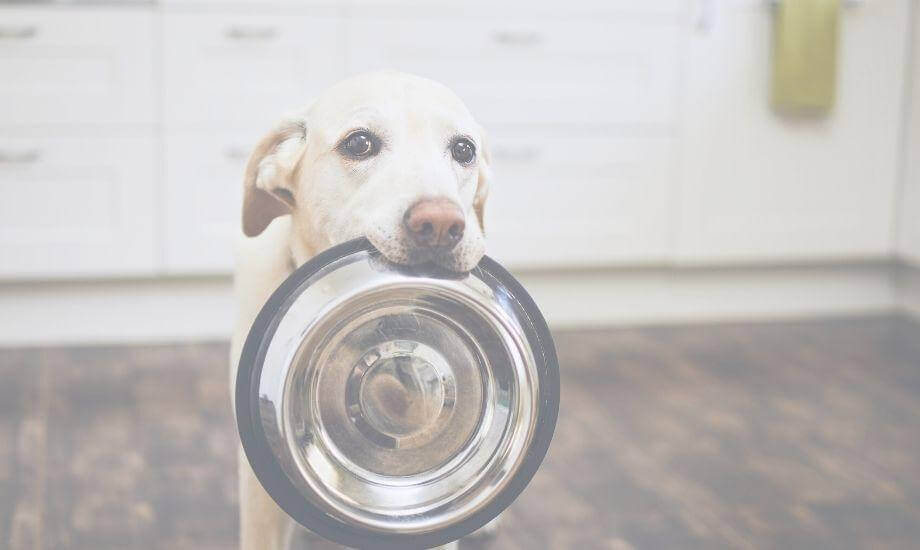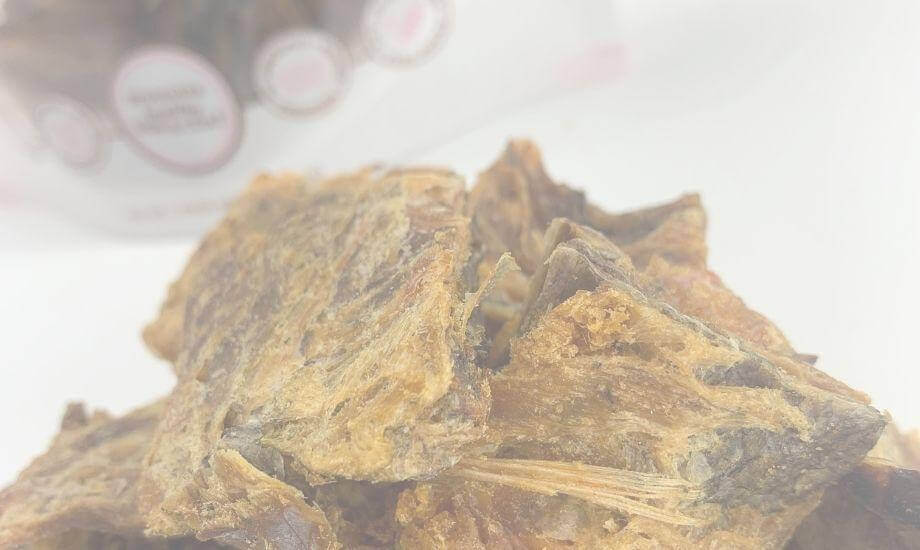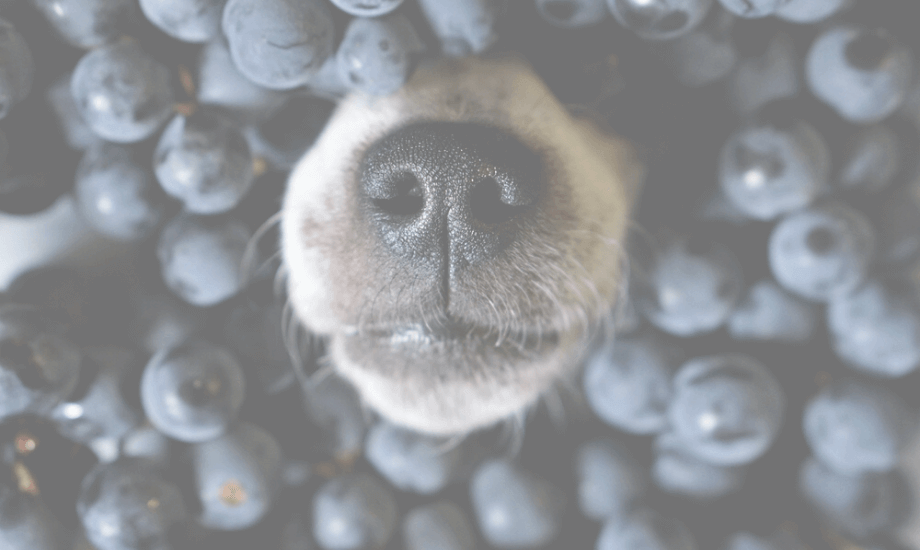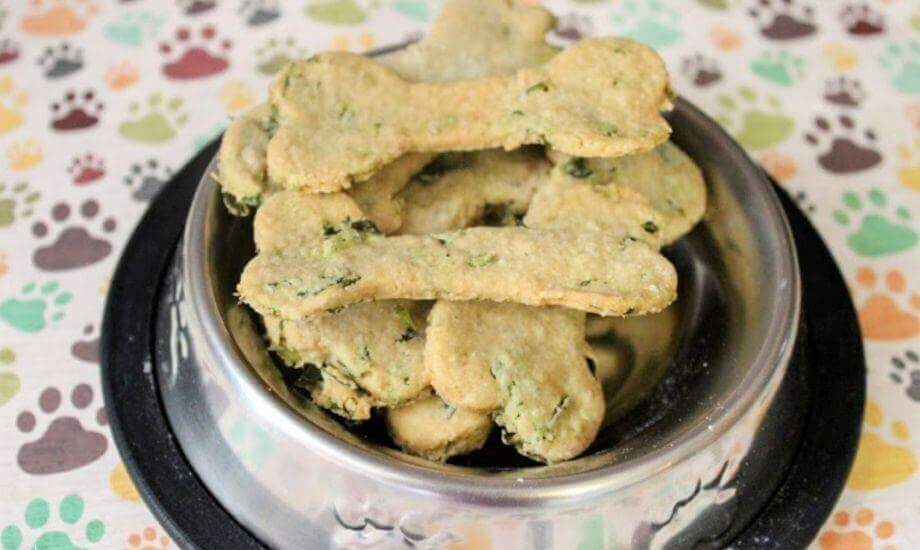A very common question we get is: “How do I transition my dog’s diet to raw?” Keep reading to get all the tips on How to Safely Transition Your Dog to a Raw Diet!
➡️Transitioning Within A Diet Type
If you are switching your dog from one raw diet to another (say, a different protein), or from one kibble to another, it’s still a good idea to have a transition period to avoid an upset stomach. A good rule of thumb is to slowly transition over a one week period. Feed 75% old diet, 25% new diet for two days, then 50% old and 50% new for two days, and finally 75% new diet and 25% old for two days. If your dog is young and healthy, you may find that they don’t need as much time to transition but if they are older or have a history of gastrointestinal issues, doing this process slowly is never a bad idea! If they frequently switch between different proteins within a raw diet, you won’t likely need a transition period.
🌿Transitioning From One Diet Type To Another
If you have decided to switch to a raw-based diet from kibble, it can definitely be a daunting task! There are two different approaches to switching from a carbohydrate-based diet such as kibble to a meat and bone based diet (raw).
🐕Slow Transition Your Dog To A Raw Diet
The first is the slow transition and is similar to what we mentioned when switching from one diet type to another. One key thing to note is that it is not recommended to feed kibble and raw food at the same meal. They are digested at different rates, so it is recommended to feed them as different meals. You can still stick to the transition of 75% old and 25% new for the first two days, and then slowly increasing until you are at 100% new food.
Smell and texture are very important to our pets, as well as temperature! If your dog is switching to raw for the first time, it can be an easier transition for them if you feed food at room temperature. This can also make the smell more appealing for them. It can be an easier transition to switch to a lightly cooked diet as this won’t be as stark a change for your pup. Alternatively, you could feed a freeze-dried raw diet like healthybud’s turkey or beef bites as these have a crunchier texture similar to kibble.
It can also be a good idea to add a probiotic or the gut booster to give your dog some added GI support during the transition. Especially when going from kibble to a raw diet, the enzymes your dog uses to break down raw foods are different from what is needed for a carbohydrate-based food. Although raw foods are very nutrient-dense, they don’t expand in the stomach the same way that kibble does, which can lead to your dog feeling hungrier during the adjustment period. Lastly, bile production and gut flora in raw-fed dogs is different from kibble-fed dogs. Although your pup will adjust to the new feeding regime, it may take some time for their gut to catch up to the change. A little additional support during this transition won’t hurt! If you do notice some stomach upset, slow down the speed at which you are transitioning.
🔄Fast Transition Your Dog To A Raw Diet
The other option is to use the fast transition method. This is often the preferred method but is recommended for young, healthy dogs. Again, adding a probiotic or the gut booster can help especially if your pup has suffered from gastrointestinal issues in the past. For this method, you should fast your dog from food (not water) for 12-24 hours. Feed the new raw diet as their first meal, but stick to an easier to digest protein to start. If you are feeding a fresh or frozen raw diet, it is a good idea to let it come to room temperature first as very cold meals can cause your dog to vomit. Healthybud’s freeze-dried diets are shelf-stable so can be fed at room temperature right away, or even rehydrated with warm water. Poultry (chicken, duck, or turkey) and rabbit are great proteins to start with that are easier to digest. Feed just half of your pup’s recommended portion, then wait 10-20 minutes, to ensure that they aren’t eating the new food too quickly.
Remember: not all diets are created equal, and what works for one dog may not for another! Your pup does need more than just red meat to have a complete and balanced diet, which is why we’ve included important fruits and veggies in our healthybud diet. This guide will help you to transition your dog to a raw diet. We are always happy to help if you have additional questions about switching your dog to raw! If you haven’t already, check out our previous blog posts about what makes healthybud’s diet different, and why freeze-dried foods are safer and easier to feed.








